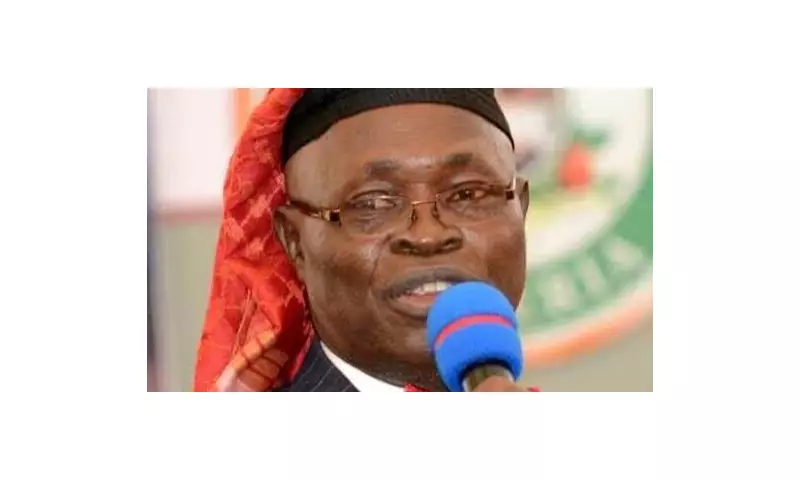
The recent designation of Nigeria as a Country of Particular Concern (CPC) for religious freedom by the Trump administration has sparked intense reactions, with the Muslim Rights Concern (MURIC) placing blame squarely on the Christian Association of Nigeria (CAN).
Professor Ishaq Akintola, director of MURIC, asserted that CAN's persistent lobbying and "false narratives" about religious persecution against Christians directly influenced the US government's decision. This development marks a significant escalation in Nigeria's religious tensions on the international stage.
MURIC's Strong Accusations
In a strongly worded statement, MURIC accused CAN of misleading international bodies about the true state of religious affairs in Nigeria. The organization claimed that CAN's allegations of systematic persecution of Christians do not reflect the reality on ground, where both Muslim and Christian communities face security challenges.
"CAN has been crying wolf where there is none," Professor Akintola stated, emphasizing that the Christian organization's campaign has damaged Nigeria's international reputation unnecessarily.
Understanding the CPC Designation
The Country of Particular Concern designation is the US government's most serious classification for violations of religious freedom. This places Nigeria alongside countries like China, North Korea, and Iran in the State Department's assessment.
This classification could potentially lead to sanctions or other diplomatic measures if Nigeria fails to demonstrate improvements in religious freedom conditions. The timing is particularly sensitive as Nigeria continues to battle multiple security challenges.
Religious Dynamics in Nigeria
Nigeria's religious landscape is complex, with a nearly equal division between Muslim and Christian populations. While religious conflicts have occurred in certain regions, the federal government has consistently maintained that it protects all religious groups equally.
The CPC designation suggests that international observers see the situation differently, pointing to incidents of violence against both religious groups and what they perceive as inadequate government protection.
Potential Implications
This development could affect Nigeria's relationship with the United States and other Western nations. It may also influence foreign investment decisions and international aid packages tied to human rights considerations.
Religious leaders across the spectrum are calling for calm and dialogue, emphasizing that Nigeria's unity and stability should remain the priority for all stakeholders.





